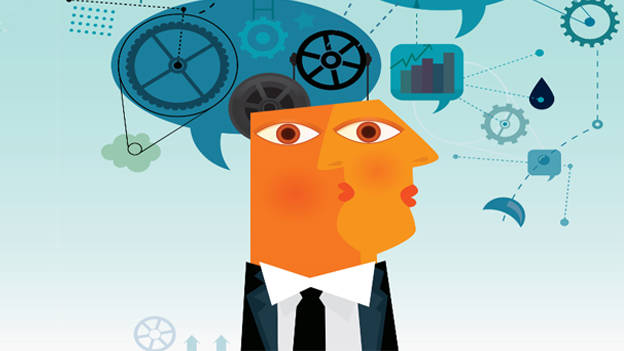Is your organisation an intellectual hub?

As Peter Drucker has rightly said that the fastest growing industry would be training and development as a result of replacement of industrial workers with knowledge workers. Human capital is increasingly regarded as one of the major drivers of productivity, economic growth and competitive advantage. Training is a learning process that involves the acquisition of knowledge, sharpening of skills, concepts, rules or changing of attitudes and behaviours to enhance the performance of employees. Training is about knowing where you stand at present and where you will be after some point of time. It is about acquisition of knowledge, skills and abilities (KSA) through professional development.
According to Siberman and Philips (2006), training and development supports the organisation’s goals and objectives by analysing needs, designing and developing training programs, conducting training at all levels throughout the organisation and evaluating them. Training is an important aspect in the performance management of an organisation. Training lays out unambiguous objectives and expectations out of the program.
In a survey conducted in 2007, Baldwin and Evans found that many HR professional are confident about the extent to which their training initiatives were making a positive impact on their organisation. According to Kumpikaite and Clairine (2008) training and development of employees helps organisation to meet competitive challenges and environmental dangers.
In this dynamic environment, change is the driving force towards productivity. This constant change can be taken care of by knowledgeable workforce. Training helps transform an organisation into a knowledge hub. It creates individuality where individuals are able to learn and grow and fulfil their individual goals. An individual does not always need financial benefit out of a company.
At times a person is just not happy and satisfied irrespective of been in the best of the position and best of the package. People look at holistic development of self. There is something missing and then one of the most significant contributors of the organisation moves on to work with the organisation that gives him that space to learn and grow. He seeks to connect his individual goals with organisational goals. Training creates a learning organisational culture that expands the horizons of human intellect at workplace.
This transformed knowledge hub builds up better strategies for future. It facilitates decision making and problem solving in an organisation. This in return makes an organisation more competitive by framing and establishing clear organisational policies. The learning facilitates not only effective decision making but also optimum utilisation of resources. People in organisations realise the importance of resources and tend to have a belongingness with organisation.
Training is a tool that can assist organisations in building a more committed and productive workforce. By helping to establish employee investment, reciprocity, identification and by limiting alternative employment options, an effective training program can lead to greater commitment and less employee turnover. The result is an organisation that is more productive and professional.
Is your organisation an intellectual hub? If you don’t have an answer, find it out.












